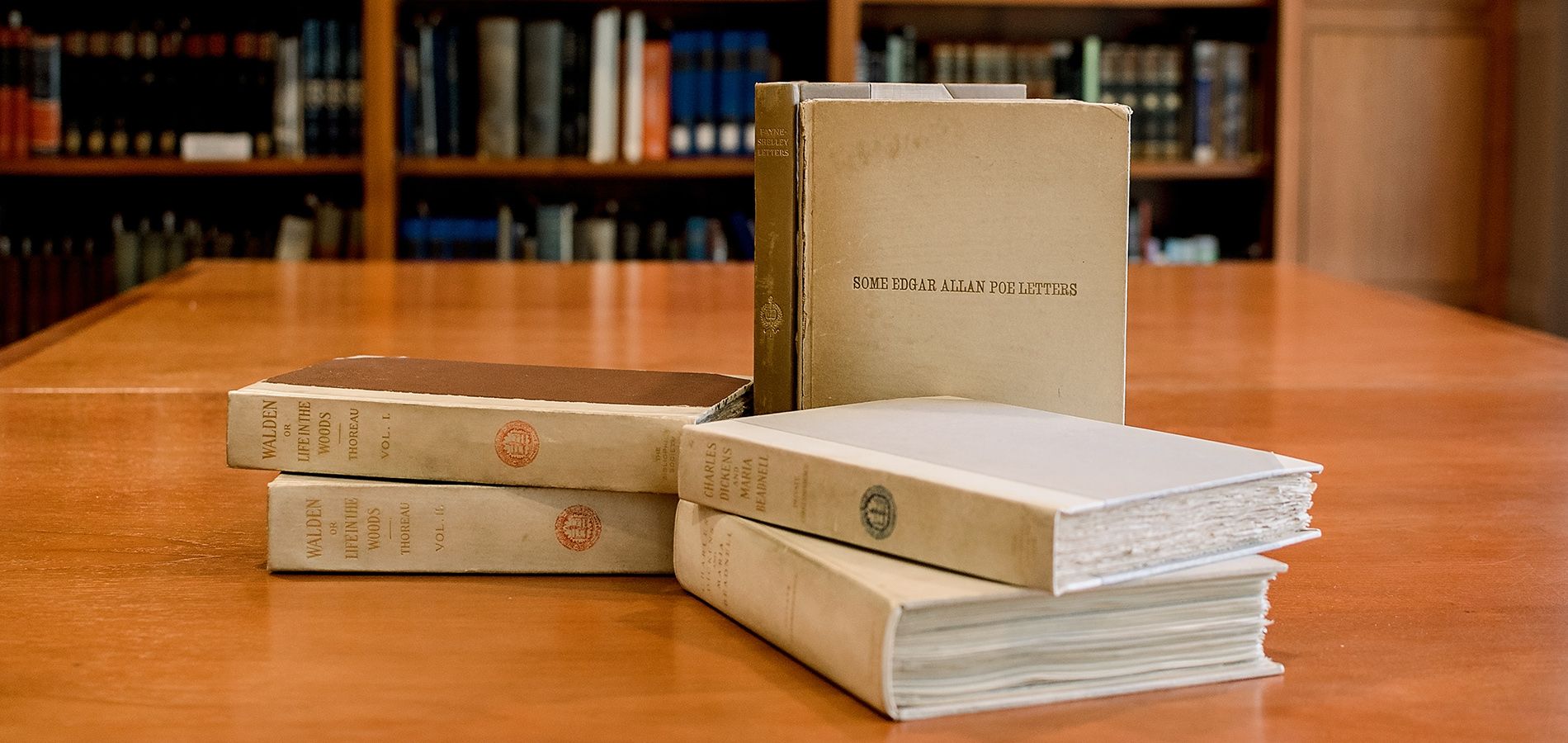
Rise of Rare Booksellers in London a Cultural Economic Phenomenon
Rare books have always been prized possessions of book lovers and collectors, and in recent years, London's burgeoning rare book market has emerged as a major cultural and economic force. Rare bookstores in London are flourishing, bringing in collectors from all over the globe, and range in size from tiny local bookshops to bigger dealerships.
The causes for the increase of rare book dealers in London, their effects on the economy, and their cultural relevance will all be discussed in this article.
The Importance of London's Rare Book Industry in History
When William Caxton developed the first printing press in England in the 16th century, London's rich literary history began. Since that time, London has led the publishing sector, generating some of the most well-known books and writers in history.
The nation's literary history has been greatly preserved via the London rare book market. The books from the 16th and 17th centuries are the focus of many rare book dealers in London, and they represent a vital component of the nation's cultural legacy.
The causes of the rise of rare book shops in London.
The growth of rare book dealers in London is due to a number of factors. Let’s deep dive and take a look at what those factors are:
Market expansion for collectors
Rare books are among the most sought-after commodities for collectors, and the collector’s market has been expanding rapidly in recent years. The market for rare books is expanding, and dealers and booksellers are putting up shops all throughout the city as a result.
Higher Accessibility
Rare books are now more accessible to collectors than ever thanks to the internet. Collectors from across the globe may buy books from the collections of several rare book vendors in London via their online shops. This improved accessibility has contributed to the industry's expansion.
Increase in Book Fairs
Throughout the year, London organizes a number of book fairs that draw dealers and collectors from across the globe. Rare book dealers get a great chance to promote their stock and meet prospective customers at these book fairs.
London's rare book dealers' economic impact
There has been a considerable economic effect in London as a result of the emergence of rare book dealers. Each year, the sector brings in millions of pounds in income and employs thousands of people.
London's rare book dealers support the city's tourism sector by drawing tourists from all over the globe. These tourists often stay in neighbourhood hotels, eat at neighbourhood eateries, and buy at neighbourhood shops, stimulating the local economy.
The Cultural Importance of London's Rare Bookstores
The emergence of rare book dealers in London has had a huge cultural influence on the city in addition to commercial ones. By conserving rare and antiquated books for future generations, these bookshops are a significant component of the city's cultural legacy.
The country's literary past is inextricably linked to the books from the 16th and 17th centuries, which are the focus of many rare booksellers in London. Rare book dealers in London contribute to the preservation of the nation's cultural heritage by safeguarding these volumes.
Additionally, rare book dealers often participate in cultural activities and events like book signings, author lectures, and book fairs in London. The public has a wonderful chance to interact with the city's literary legacy and learn more about the world of rare books via these activities.
Rare book dealers in London can have a social influence on the neighbourhood in addition to their economic and cultural effects. Many of London's rare bookshops provide as meeting sites for book enthusiasts and collectors, giving them a chance to interact with others who share their enthusiasm for books.
Other factors contributed towards the rise of rare booksellers in London
Book clubs, author appearances, and other literary activities are often held at these shops, which promotes a feeling of community and brings people together. This social component of rare book sales is crucial at a time when many individuals feel socially alone and unconnected.
Moreover, by working to conserve and safeguard rare and priceless books, London's rare book dealers also benefit the larger world society. To guarantee that these books are properly cared for and preserved and to aid in their preservation for future generations, many rare bookshops collaborate closely with conservationists and restoration specialists.
Rare book dealers are essential for advancing literacy and education in London. They provide people the chance to broaden their knowledge and learn about a variety of topics via their book collections and programmes. This is crucial in a world where information is easily accessible but sometimes overwhelming and difficult to understand.
Final words
The emergence of rare book dealers in London is a cultural and commercial phenomenon that is being fueled by the expansion of the collector’s market and easier online access to rare books. Each year, the sector brings in millions of pounds in income and employs thousands of people.
In addition to contributing to the preservation of rare and antiquated books for future generations, rare booksellers in London are a vital component of the city's cultural history. They are preserving the cultural traditions of the nation and adding to the cultural environment of the city by doing this.
Additionally, rare book dealers in London contribute significantly to funding scholarly endeavors. Many dealers in rare books collaborate closely with universities and research organizations, giving them access to unusual and rare resources for scholarly study and investigation.
Overall, London's growing number of rare bookstores is evidence of both the city's long literary tradition and the continued popularity of rare and old books. Undoubtedly, the sector will continue to play a crucial part in safeguarding the nation's literary and cultural legacy for the enjoyment of future generations as it develops and grows.

Appreciate the creator